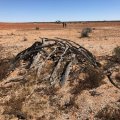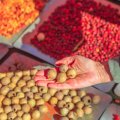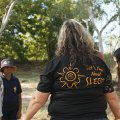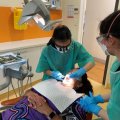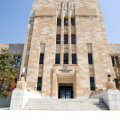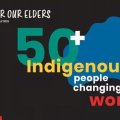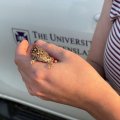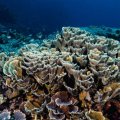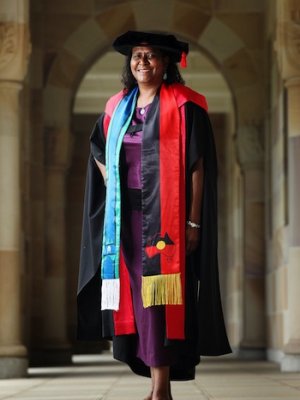
When Dr Noritta Morseu-Diop is awarded her degree today (Monday, 13 December 2010) she will become the first Torres Strait Islander PhD graduate from The University of Queensland (UQ).
Dr Morseu-Diop’s research investigated culturally appropriate ways in which to address the over-representation of Aboriginal and Torres Strait Islander People in the Australian criminal justice system.
“The findings of my research highlighted some of the key issues within the Indigenous Community in terms of bringing a more healing-in-justice approach to the criminal justice and prison system when dealing with Indigenous peoples in custody,” Dr Morseu-Diop said.
Up to 60 per cent of young people in Brisbane’s Youth Detention Centres are Indigenous and most, if not all, of these children will have a parent, grandparent, sibling, cousin, aunt or uncle in the adult prisons.
Statistics like these, in addition to the numerous custodial deaths of incarcerated Indigenous persons, has caused alarm bells to ring for Indigenous communities.
Professor Matthew Hornsey, Associate Dean (Research) at UQ’s Faculty of Social and Behavioural Sciences, agreed that the findings of Dr Morseu-Diop’s research aimed to help the creation of a more humane and culturally appropriate approach to the Queensland legal, criminal justice and correctional systems.
“Dr Morseu-Diop’s research is significant, advocating for the human rights, humane treatment and wellbeing of Aboriginal and Torres Strait Islander Australians in prison and in the community,” Professor Hornsey said.
Dr Morseu-Diop is originally from Tamwoy Town, Thursday Island in the Torres Strait archipelago, Far North Queensland.
Extensive experience in the social work field, particularly with grassroots Indigenous communities in Brisbane and Indigenous clients in prison, fostered Dr Morseu-Diop’s desire to improve Indigenous experiences within the criminal justice system.
“It concerned me deeply that an incarcerated Indigenous mother I visited in a women’s correctional centre asked me to check on the welfare of her six children who were also in prison. The fact that seven members of the same family were incarcerated was, and is, very alarming and needed to be addressed," Dr Morseu-Diop said.
“It is envisaged that the outcome of this research will assist in giving a voice to the silent and forgotten people, the thousands of incarcerated Aboriginal and Torres Strait Islander women, men and children."
Dr Morseu-Diop’s PhD thesis is titled Healing in Justice: An International Study of Indigenous Peoples’ Custodial Experiences of Prison Rehabilitation Programs and the Impact on their Journey from Prison to Community.
The University has awarded almost 13,000 research higher degrees to graduates who have now become leaders in all areas of research, society and industry. UQ awarded its 9000th PhD during this December's graduations.
UQ’s research higher degree programs include the Doctor of Philosophy (PhD) and Master of Philosophy (MPhil). If you are interested in finding out more about research opportunities at UQ, contact the Graduate School UQ Advantage team at uqadvantage@gradschool.uq.edu.au or phone 07 3346 0508.
Media: Beth Hensler (07) 3365 8820 or b.hensler@uq.edu.au

